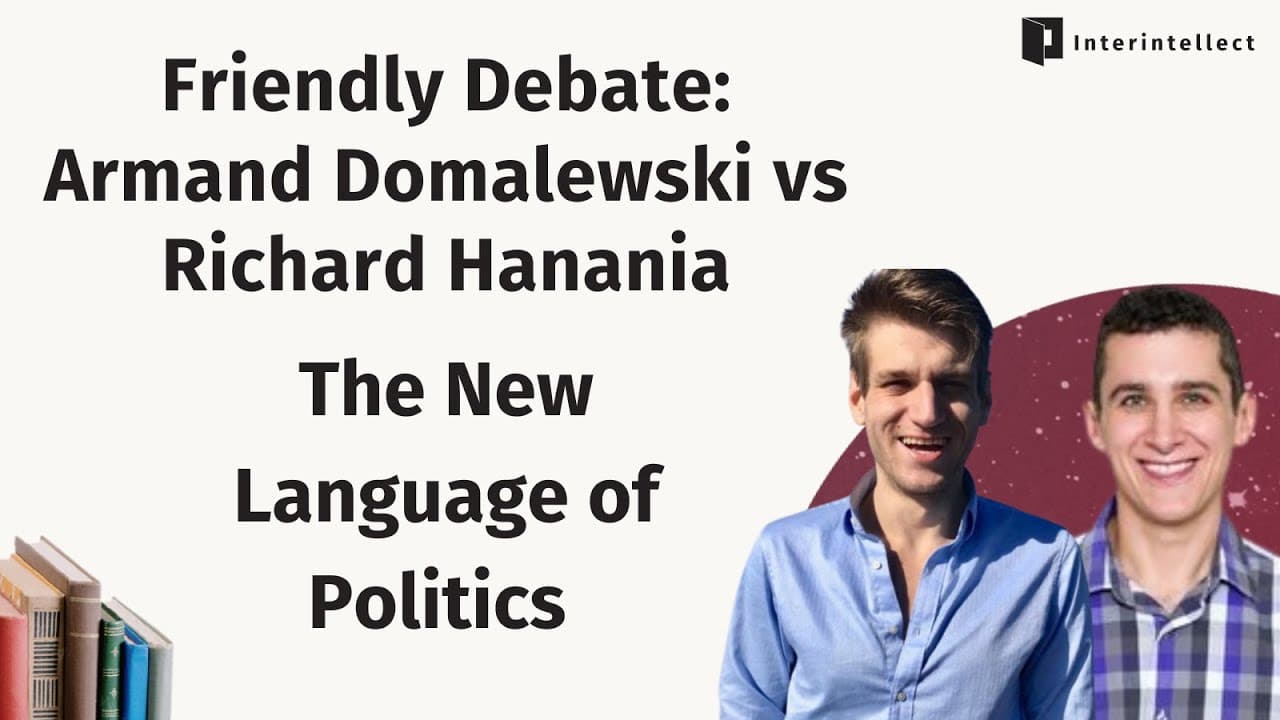Intraparty Debates Reveal Fundamental Disagreement on Economic and Social Policy Direction

A recent social media post by political analyst Armand Domalewski has highlighted a persistent and "weird" dynamic within intraparty debates, particularly concerning the divergent policy priorities of the left and center factions. Domalewski observed a core tension where the left advocates for a shift towards more progressive economic policies, while the center simultaneously seeks a move to the right on social issues. The analyst further pointed out a significant distrust, noting that "the left is obsessed with the idea that the center secretly just wants to move to the right on economics."
This observation underscores a broader trend in contemporary politics, especially within major parties in Western democracies like the United States. Political discourse often categorizes these internal divisions along economic and socio-cultural lines. While the left frequently champions policies aimed at greater wealth redistribution and social welfare, centrist elements within the same party may prioritize fiscal moderation and appeal to a broader electorate by adopting more conservative stances on certain cultural matters.
Recent analyses of the Democratic Party in the U.S., for instance, reveal a clear ideological split. Centrist Democrats often emphasize "pro-growth economic policies" and a "common-sense approach" to cultural norms, aiming to attract working-class voters. Conversely, progressive factions advocate for "economic populism" that challenges corporate power and pushes for expanded social safety nets, often viewing centrist economic positions with skepticism.
The perceived disconnect, as articulated by Domalewski, suggests that the left suspects the center's willingness to compromise on social issues is not merely a strategic maneuver but potentially masks a deeper inclination towards market-friendly, less interventionist economic policies. This fundamental disagreement on both the direction of economic policy and the role of social issues in party platforms creates ongoing challenges for party unity and strategic coherence. Such internal debates can significantly influence a party's public image and its ability to effectively govern or attract a broad base of voters.